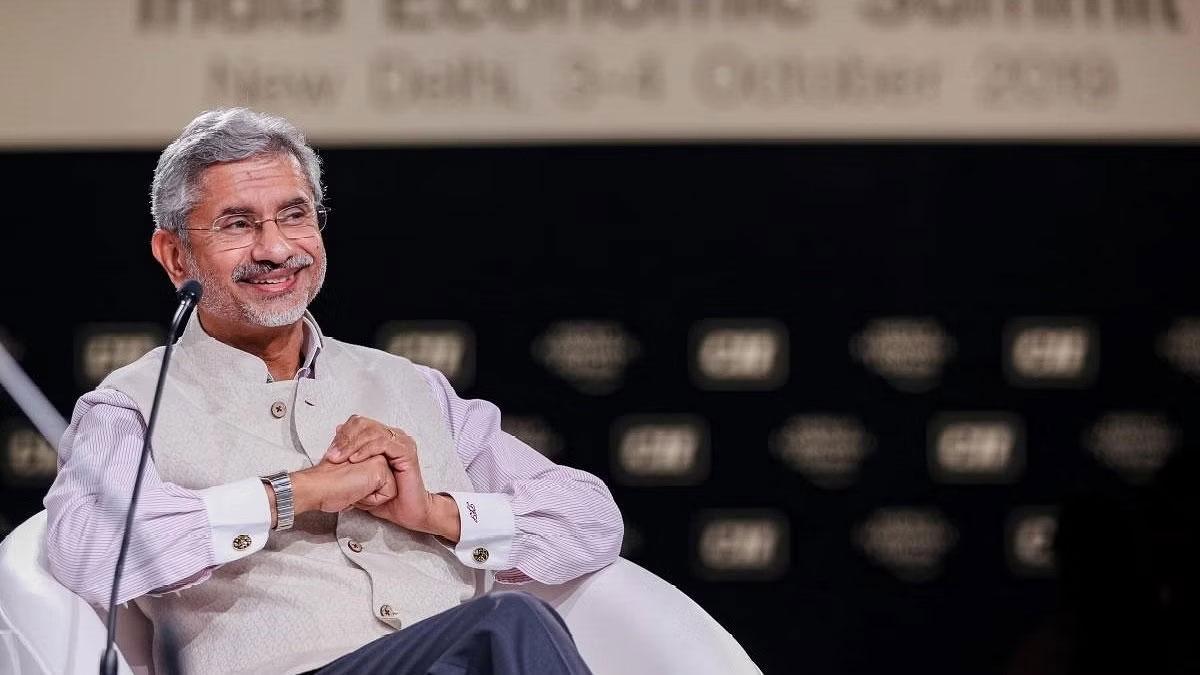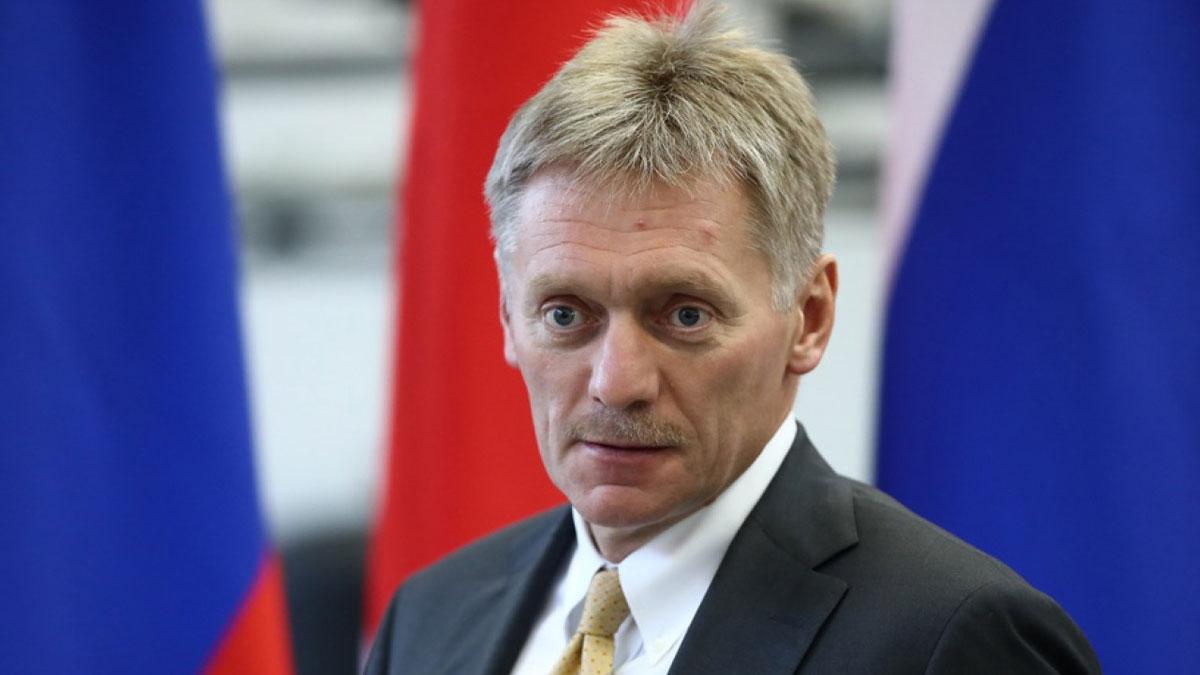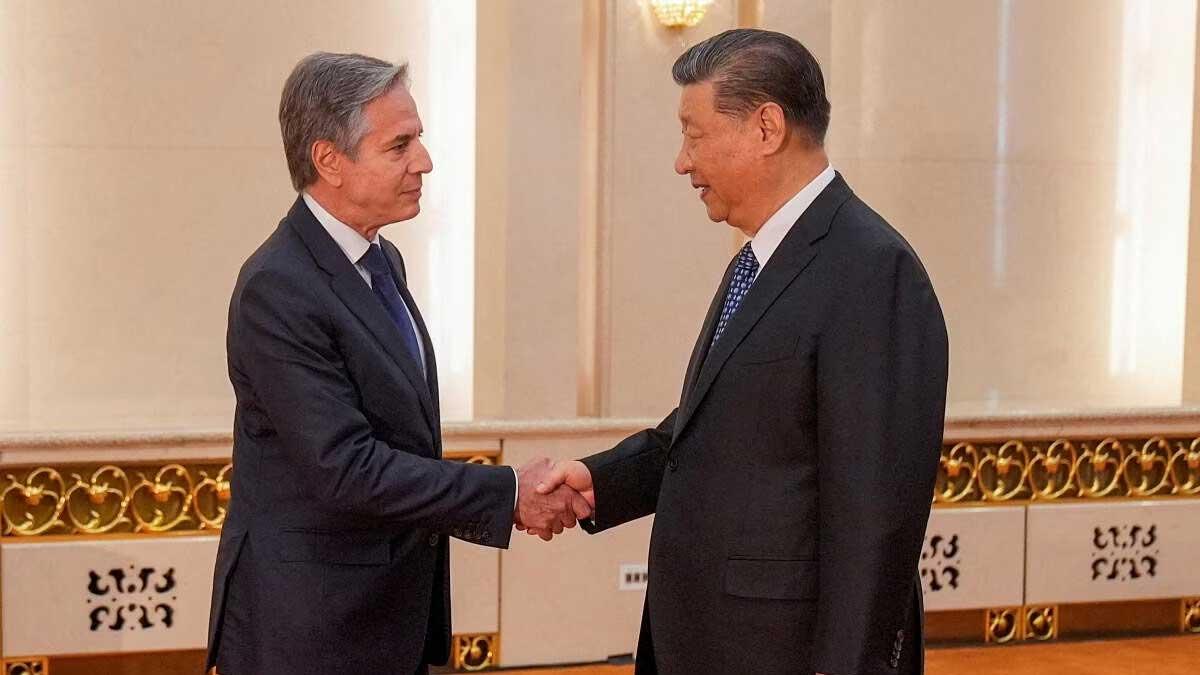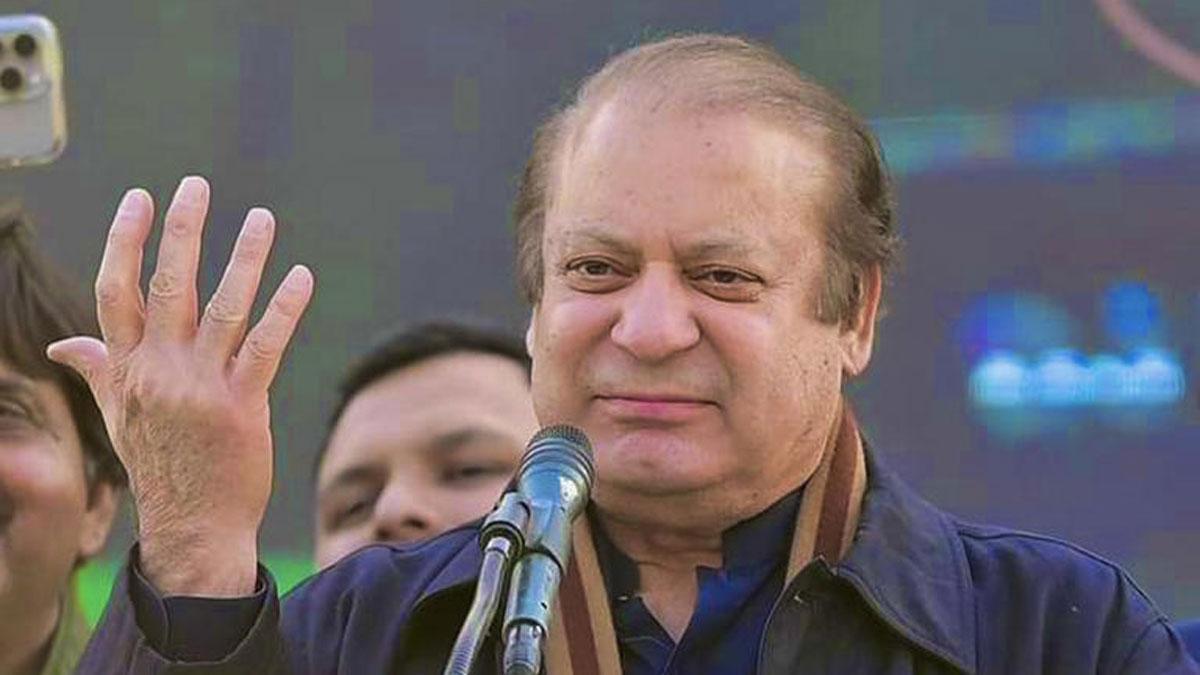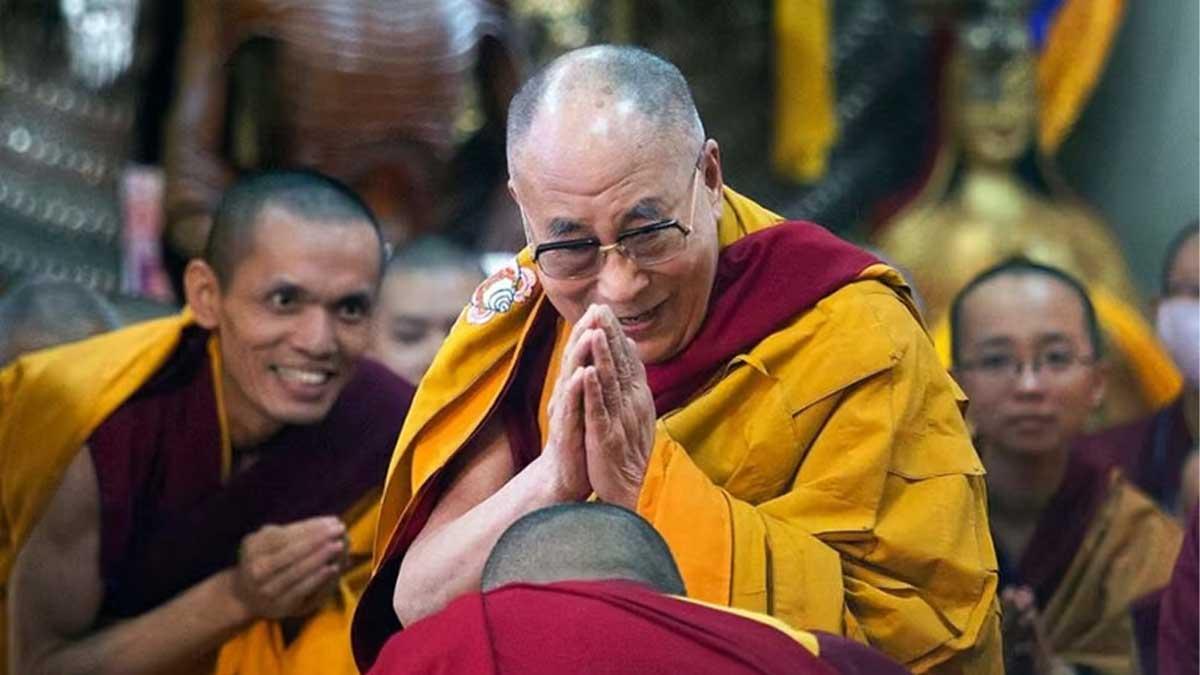Achieving normalcy in the bilateral relations with China hinges upon adhering to traditional troop deployment practices, asserted External Affairs Minister S. Jaishankar on Wednesday.
Jaishankar, addressing queries regarding India's current stance on its ties with China during an interaction with the Indian diaspora in the Malaysian capital, emphasized the paramount importance of securing the border as a primary duty towards the Indian populace. "“My first duty to Indians is to secure the border. I can never compromise on that,”" he stated firmly.
He said every country wants “good relations with its neighbours. Who doesn’t? But every relationship has to be founded on some basis.” “We’re still negotiating with the Chinese. I talk to my counterpart. We meet from time to time. Our military commanders negotiate with each other. But we are very clear that we had an agreement. There is a Line of Actual Control. We have a tradition of not bringing troops to that line. Both of us have bases some distance away, which is our traditional deployment place. And we want that normalcy,” he said.
Highlighting ongoing negotiations with China, Jaishankar revealed regular discussions with his counterpart and periodic meetings between military commanders. He reiterated India's stance on adhering to established agreements and maintaining the Line of Actual Control (LAC) without troop incursions, as per tradition.
“So that normalcy that returns to where we are in terms of the troop deployment will be the basis for the relationship going forward. And we’ve been very, very honest with the Chinese about it,” Jaishankar emphasized.
Reflecting on the historical backdrop of the India-China relationship, Jaishankar acknowledged the complexities arising from the longstanding boundary dispute. “But despite the boundary dispute over the many years, we actually built up a substantial relationship because we agreed that while we will negotiate the boundary dispute, both of us will agree that we will not bring soldiers in large numbers to the boundary. And we will never have a situation where there’ll be violence and bloodshed on the contrary,” he said.
"So this understanding which started in the late 1980s, actually was reflected in several agreements. And those agreements gave the relationship stability based on which in other areas, the relationship went forward." Jaishankar elucidated.
“Now, unfortunately, for reasons which are still not clear to us, these agreements were broken in 2020. And we actually had violence and bloodshed on the border,” Jaishankar said.
Culminating in violent clashes along the border. The Galwan Valley incident in June 2020 marked a significant downturn in India-China relations, representing the most severe military confrontation in over four decades.
Read also | Biden Commends Swift Response of Indian Crew After Baltimore Bridge Collision
Read also | Jaishankar Meets Malaysian PM Ibrahim, Commends Vision for Enhanced Bilateral Relations

